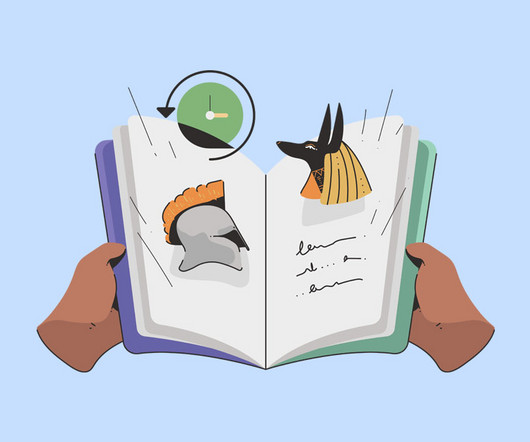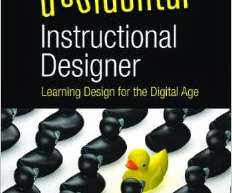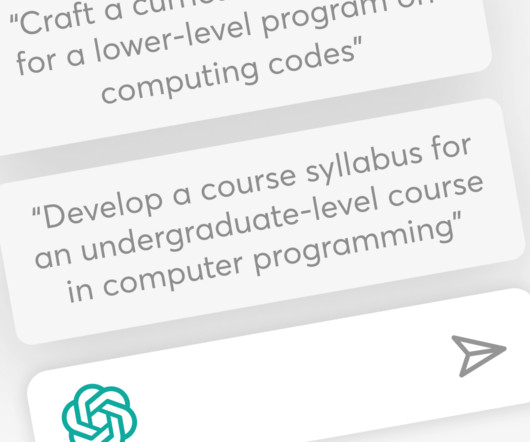Show The Learner Visible Signs of Their Learning
Kapp Notes
JANUARY 29, 2014
Underlying mastery learning theory and practice is a philosophy asserting that under appropriate instructional conditions virtually all learners can master what is taught (Bloom, 1971; Block & Burns, 1976). 1976) Mastery learning. Mastery learning theory and practice. References. H., & Burns, R.
























Let's personalize your content